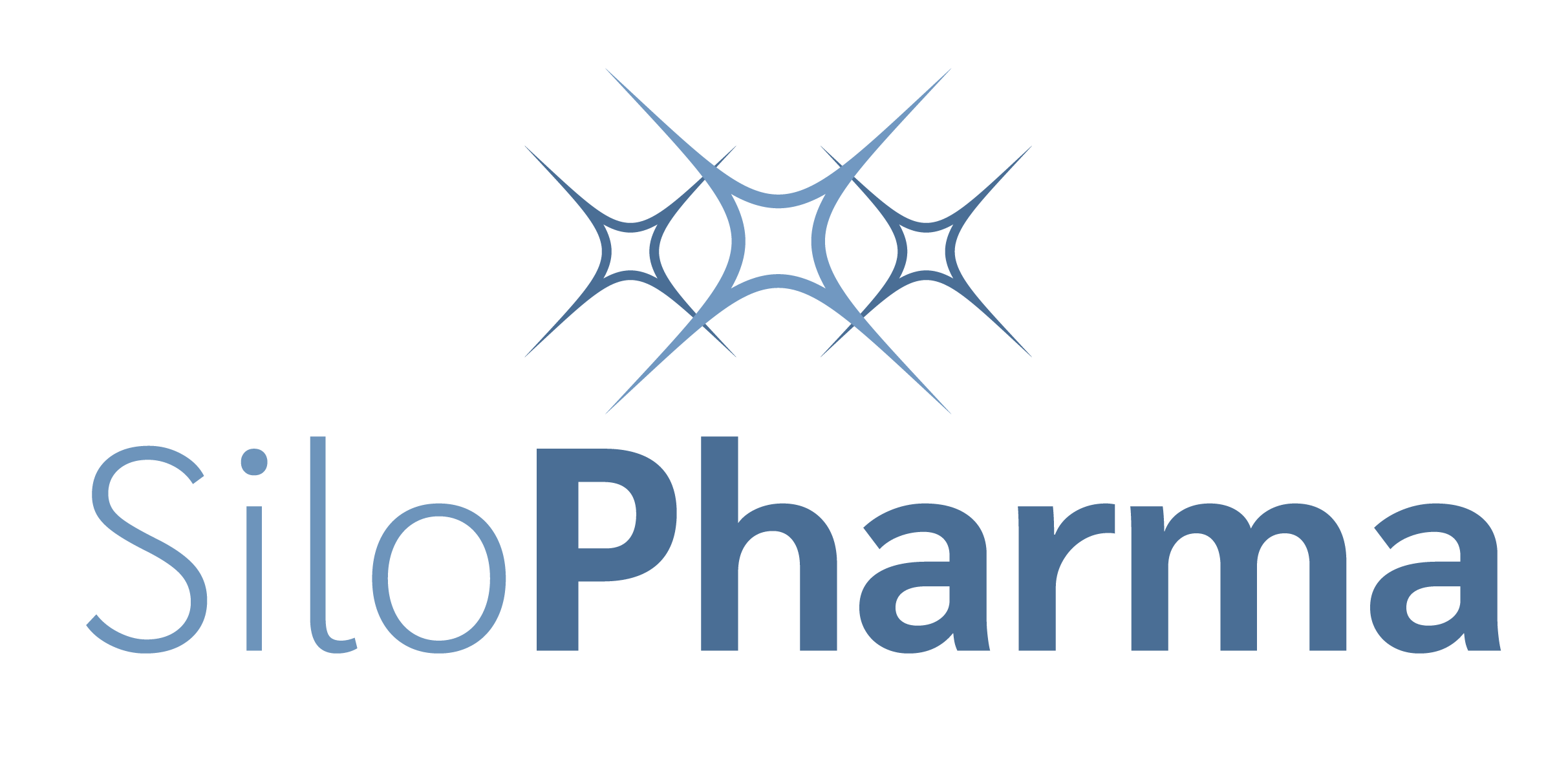Silo Pharma Partners with Global CRO For The Development Of CNS Homing Peptide Development
Silo Pharma partners with WuXi AppTec for preclinical study on SPU-16 peptide for multiple sclerosis.
Breaking News
Aug 08, 2024
Simantini Singh Deo

Silo Pharma, a biopharmaceutical company in its
developmental stage, dedicated to creating innovative formulations and drug
delivery systems for both traditional and psychedelic therapies, has announced
a new partnership with WuXi AppTec (Hong Kong) Limited, a top global contract
research organization (CRO). This collaboration will initiate a preclinical
study on SPU-16, a peptide that targets the central nervous system (CNS) for
the treatment of multiple sclerosis (MS).
Silo Pharma is progressing with the development of the
SPU-16 liposomal homing peptide under a commercial evaluation license and
option agreement with the University of Maryland, Baltimore (UMB). The study
aims to investigate the specificity of SPU-16 in targeting organs and tissues
using an experimental autoimmune encephalomyelitis (EAE) model, the leading
experimental framework for MS research. The peptide's established capability to
home in on inflamed epithelium suggests its potential as a targeted drug
delivery mechanism to combat spinal cord inflammation.
Eric Weisblum, CEO at Silo, said “We are excited to launch
this new study of our novel CNS homing peptide under the management of WuXi
AppTec, one of the largest CROs in Asia and globally. Designed to cross the
blood-brain barrier and target damaged tissue and inflammation, SPU-16 has been
shown to enhance the therapeutic effect of current and future therapeutics
while decreasing the toxicity of the drugs. While we are currently
investigating the peptide for MS, it could provide similar benefits for multiple
neuroinflammatory pathologies.”
Multiple sclerosis (MS), an inflammatory disease that leads
to demyelination in humans, is among the most common neurological disorders
causing disability in young adults. The global market for MS drugs is expected
to expand significantly, with a projected compound annual growth rate (CAGR) of
7.9%, increasing from $21.2 billion in 2024 to $38.9 billion by 2032.
